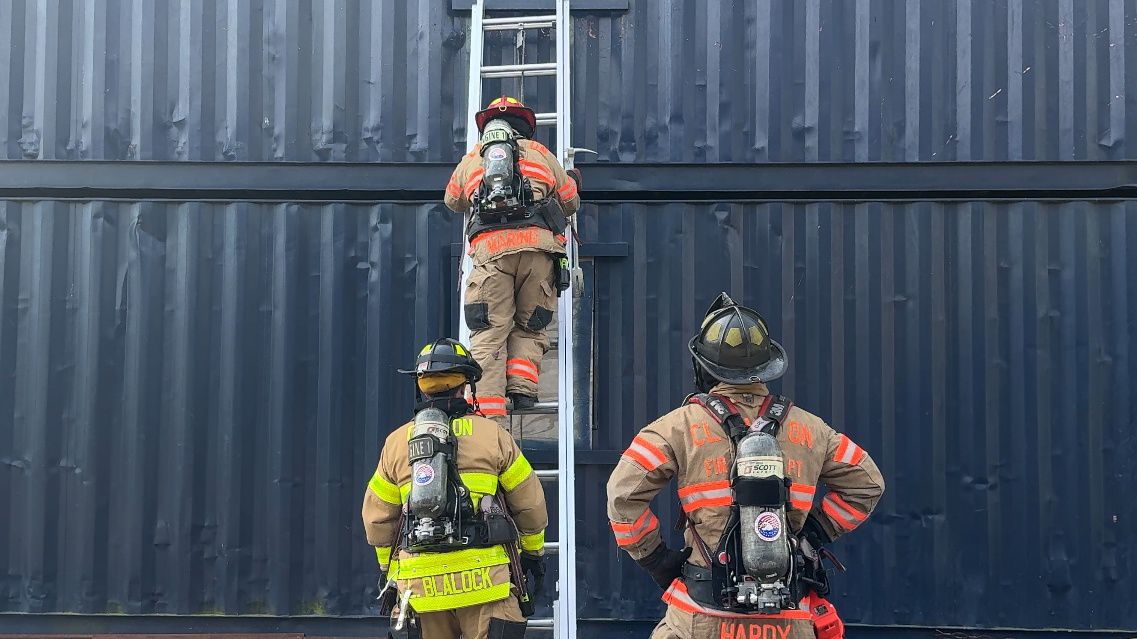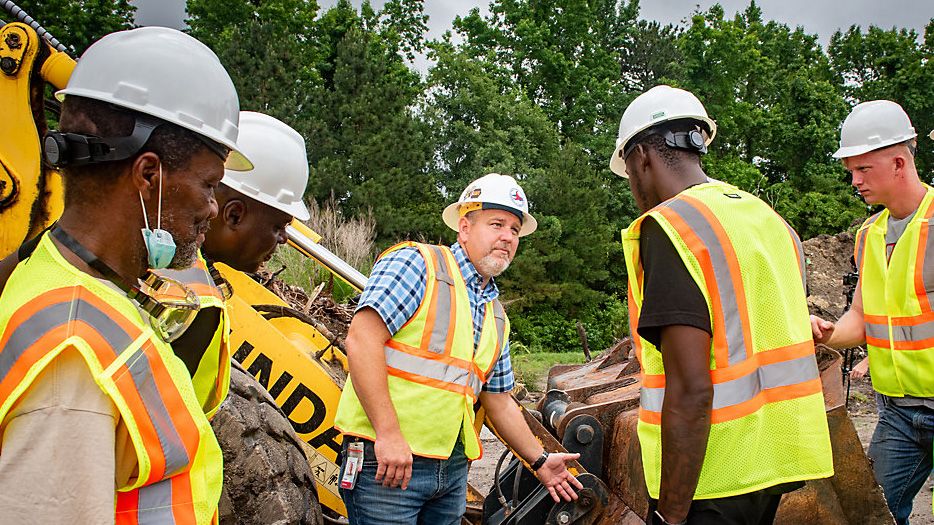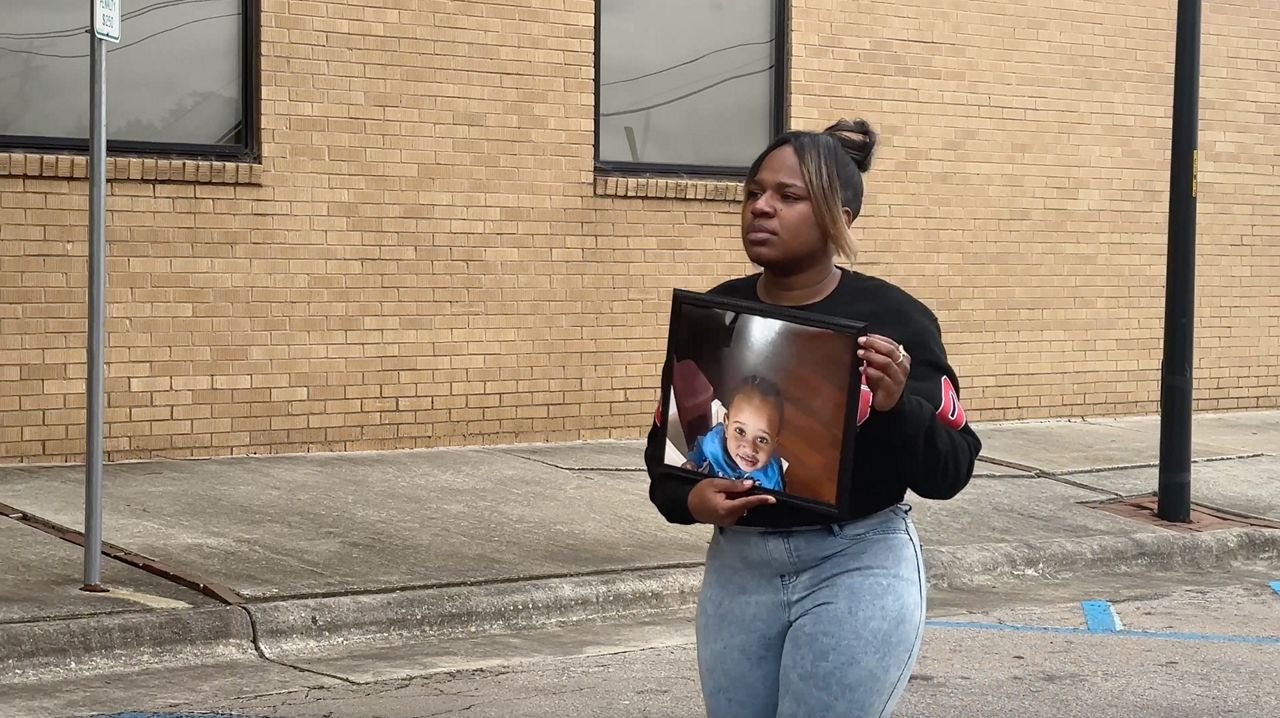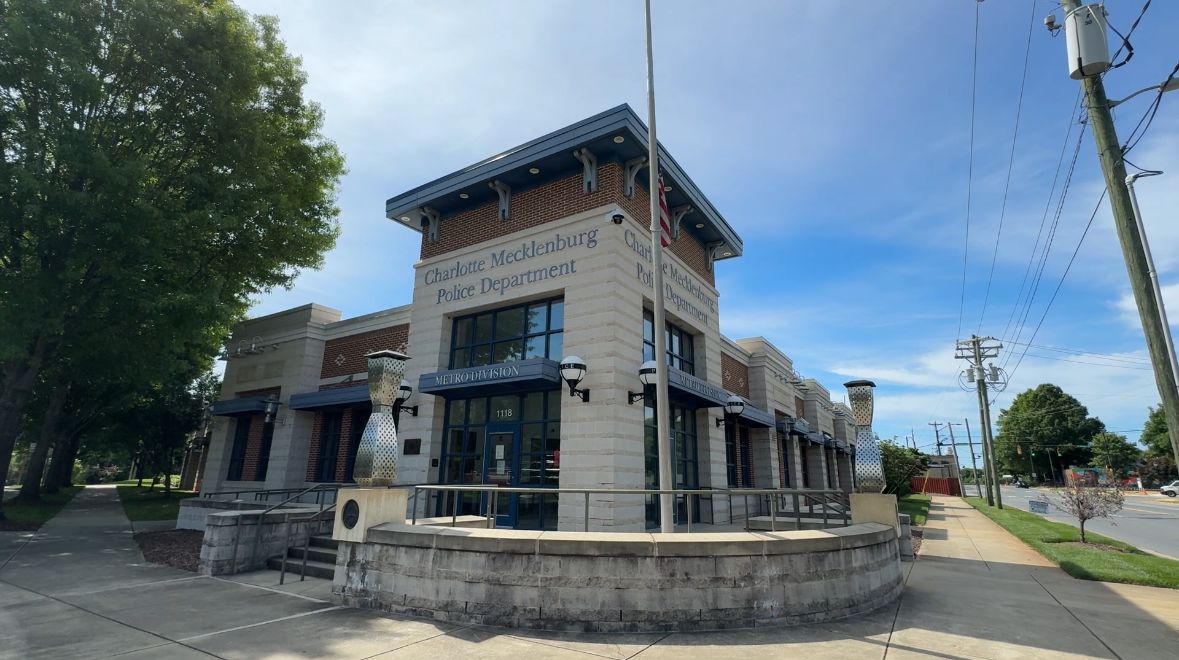WHITAKERS, N.C. — There is a historical treasure a short ride northeast from Raleigh to the Franklinton Center at Bricks.
The Franklinton Center at Bricks has been transformed from a former plantation where enslaved people once lived into a living, breathing open-air museum. The land has become a site for unshackling the past.
The place has a deep–rooted meaning dating back centuries when people were treated as property.
Some descendants of the slaves who were once forced to work this land returned to the grounds of their ancestors in early August.
History is being kept alive in a number of ways at the FCAB, where the past echoes to this day.
A gathering met one Saturday during the summer to commemorate the Freedom Walkway. A brick trail serves as a tribute to the enslaved, employees and those who have donated from their own pockets.
Some bricks contain only a first name or the family title of the person being memorialized. In the deep South during the slave trade and after the end of slavery in 1865, it was not uncommon for formerly enslaved people to assume the last names of their plantation owners.
To unlock what happened over time at the former plantation located in Whitakers, you need to talk to Yvonne Delk.
“We are in the original building that was on this sacred land,” Delk said as she stood in one of the site’s museums.
Delk, better known as Momma Delk to those who have given back to the FCAB, said she can trace her ancestry to the former plantation and its transformation starting in 1871.
“Where many were journeying for an education,” Delk said.
The documented evolution of these 250 acres into a place for healing and education can be found in the FCAB’s Center for African-American Historical Preservation.
“My history to this sacred ground goes back to when I was 8 years old,” Delk said.
Her family, like so many others, traveled to the FCAB almost every summer.
“I grew up on these grounds,” Delk said. In fact, her life is so tied to the land, there are photos of her inside the center.
Not every memory here is pleasant, but the 84-year-old doesn’t shy away from talking about seeing the Ku Klux Klan burning a cross on the property — a clear act of intimidation.
“But we stood in the face of the cross and in the face of the klan proclaiming that in this place we will proclaim liberty. In this place, will be open to all of our God’s children. In this place, we will work for the beloved community,” Delk said.“But we stood in the face of the cross and in the face of the klan proclaiming that in this place we will proclaim liberty. In this place, will be open to all of our God’s children. In this place, we will work for the beloved community,” Delk said.
The FCAB Center also includes the front wooden posts, beams and mail holes for eastern North Carolina’s first post office led by a Black postmaster.
As beautiful as the preservation efforts may be, the iconic schoolhouse and other buildings on campus are in need of major overhauls. A lack of funding stemming from the inability to generate revenue during most of the COVID-19 pandemic when guests were not allowed has highlighted the need for more upkeep and repairs.
Because guests weren’t staying overnight at their Hospitality House No. 2, there were not as many dollars flowing into the operation.
FCAB Treasurer Greg Clinton said their Hospitality House No. 2 has standard amenities like many modern hotel rooms.
“These rooms are for a combination of things when people are here for conventions and retreats,” Clinton said.
One of Clinton’s goals is for the center to become an educational hub for the region by providing reliable broadband internet to anyone living within a three-mile radius of the property can access.
“The question is why this is important to me. Because I see the need. We sit between Edgecomb, Nash and Halifax counties. (These are) three of the poorest counties in the state,” Clinton said.
An area such as this low on resources will benefit from this potential reality. If that is to occur, Clinton acknowledges the FCAB must continue finding new revenue streams to keep the rich history alive … but in the words of Momma Delk, the story of the Franklinton Center at Bricks isn’t over yet.
“Because it’s a living witness to our being present in this place,” she said.









